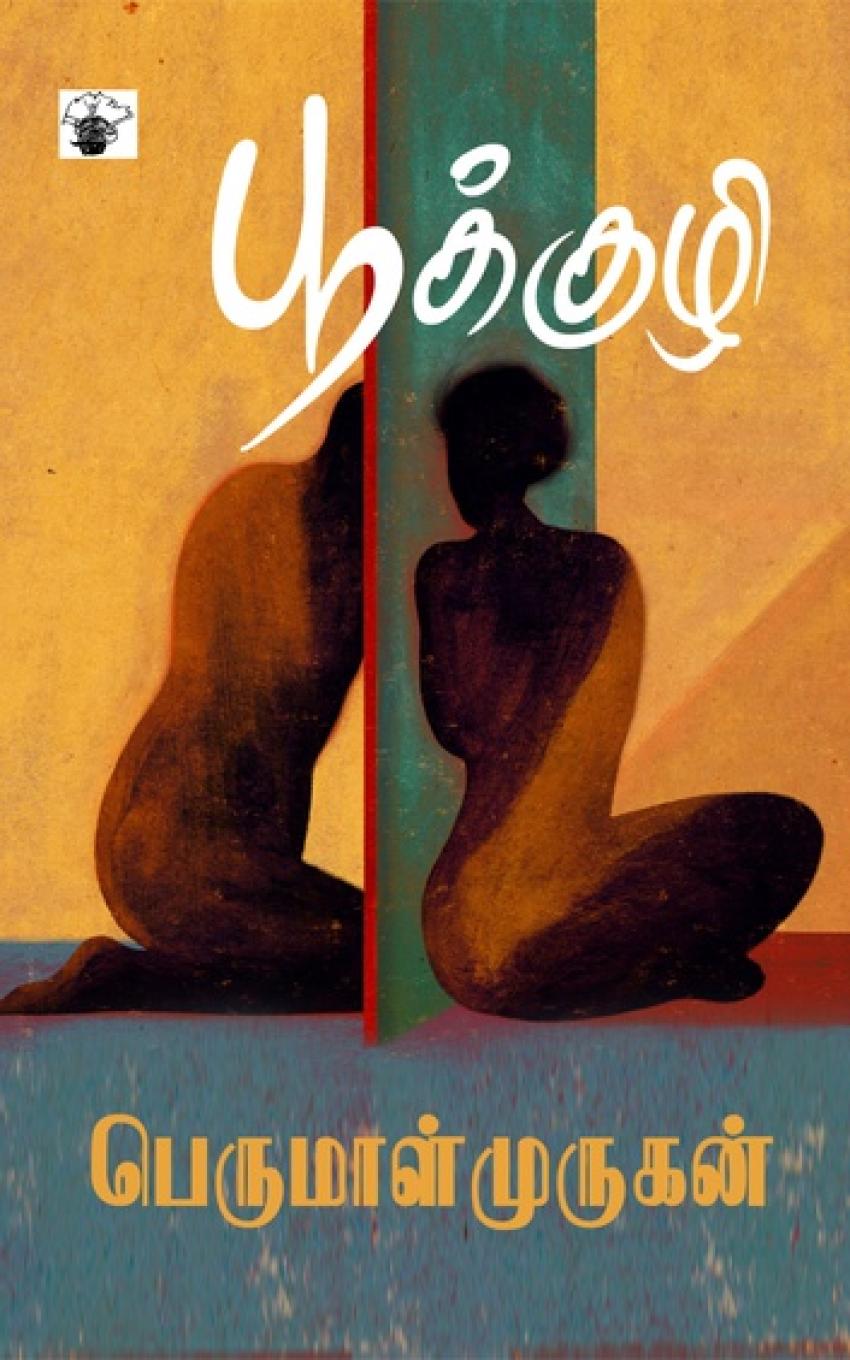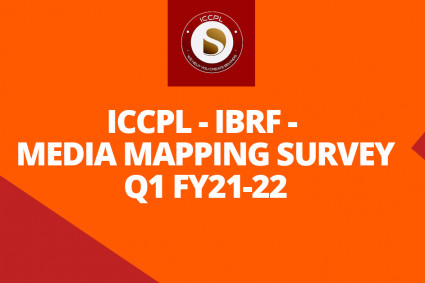
In the world of Tamilnadu literature, few voices have been as bold, reflective, and rooted in the soil as that of Perumal Murugan. His novel Pookuzhi -that literally means The Pit-emerges from the heart of Kongu region, weaving a compelling narrative that plunges deep into the socio-political undercurrents of caste. With this work, Murugan doesn't just narrate a story; he holds up a mirror to society to force readers to confront some uncomfortable truths about caste, hierarchy, and silence.
Pookuzhi is dedicated to late Ilavarasan, a young man who became a symbol of caste-based oppression after his tragic death following an inter-caste marriage. By making this dedication, Murugan situated his narrative within a stark and painful social reality that continues to persist in Tamilnadu. Yet, the novel is not just about the tragedy of individuals; it's about the collective mindset that sustains caste divisions.
Readers of Pookuzhi may assume that it is a story centered on Dalits and non-Dalits, but Murugan's genius lies in the way he is not beholden to binaries. He shifts the focus from victimhood to introspection, urging readers to see how caste consciousness seeps into everyday life amongst those who claim to be bereft of such caustic hostilities. Through powerful symbolism, Murugan unravels the silent complicity of the so-called "intermediate castes", who often justify their biases through cultural and religious texts like the Manusmriti, the Puranas, and the Itihasas.
By highlighting these subtle layers of discrimination, Murugan extends the discourse from purely social activism into the moral and psychological realm. His narrative voice is unruffled yet incisive, like a well-thrown stone into a still pond. The ripples it sends out are those of an awakening self-critique-a motif signature to much of Perumal Murugan's work. It is in insisting upon self-reflection that the author has much to offer, for it is through internal questioning that social change can really take root.
For readers acquainted with Tamil books in Nagercoil or elsewhere in the state, Pookuzhi is a modern classic that redefines the possibilities of regional literature. It represents the texture of Kongu life, the silent struggles of its people, and the moral contradictions of a society torn between tradition and modernity. This book epitomizes the craftsmanship of Murugan: to weave together mundane happenings into universal ruminations on justice, identity, and humanity.
Many of the publications in Tamilnadu these days are coming out with bold, socially conscious works like Pookuzhi. Small publishers and independent book sellers—particularly every book seller in Nagercoil play a vital role in keeping such thought-provoking Tamil literature accessible to readers. These publishers and sellers form the cultural bridge between the writer and the audience, nurturing an ecosystem where meaningful writing can thrive despite challenges.
Ultimately, Pookuzhi is not just a story about caste; it is about the human condition itself: the ways we justify our silence, the hierarchies we internalize, and the possibility of redemption through acknowledgment. It reminds us that literature in Tamilnadu continues to be a space of resistance, reflection, and reform. In every sense, Pookuzhi epitomizes the pulse of Tamil modern writing: honest, courageous, unflinchingly self-aware. It is a kind of literary fire that still burns in the conscience of the Tamil readership.








